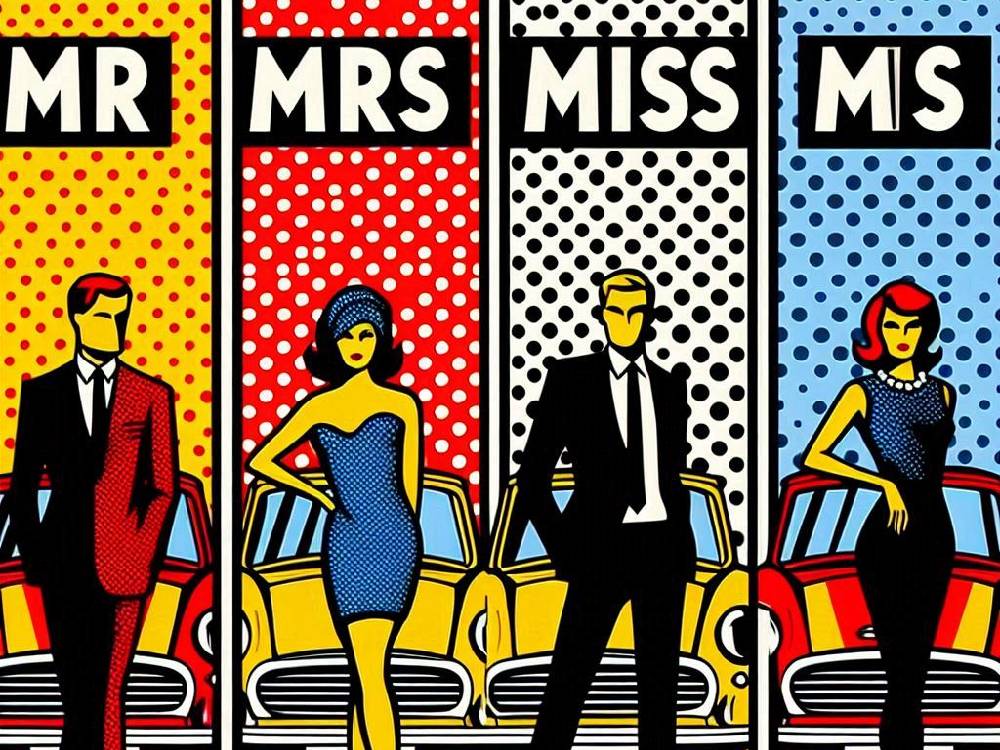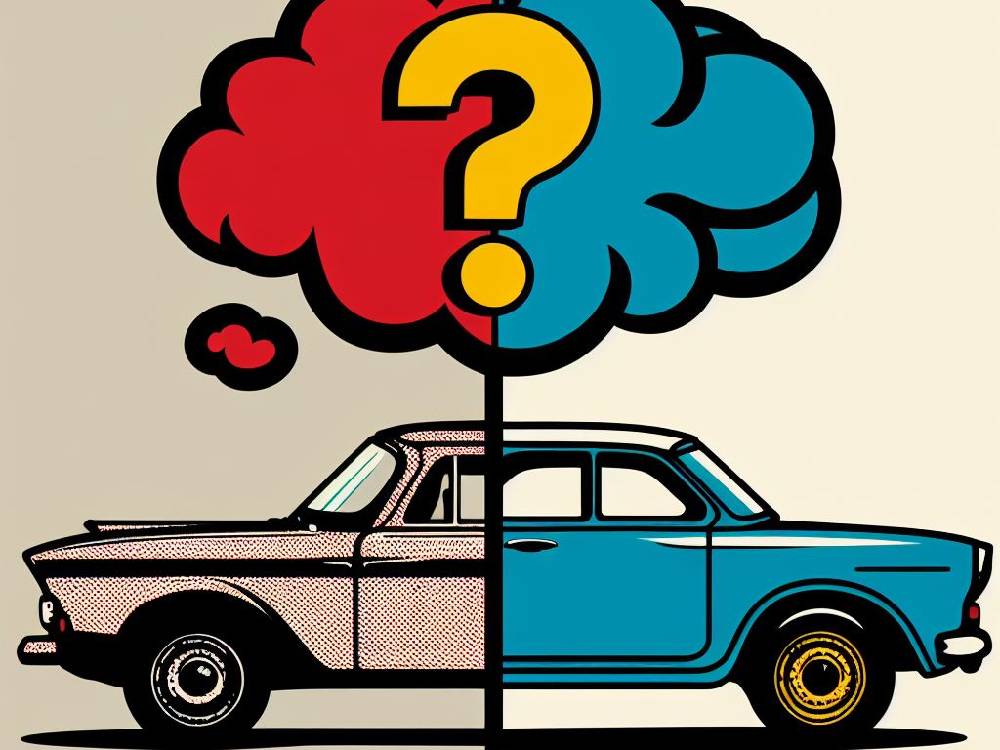Introduction
Could one small dropdown box be quietly inflating your car insurance quote?
You may assume that a title like ‘Mr’ or ‘Ms’ is just a formality.
But new pricing data suggests it could be costing you hundreds of pounds.
And here’s the catch:
Insurers aren’t allowed to charge different prices based on gender.
So why are drivers with the title ‘Mr’ getting quoted up to £975 more than others?
The truth is buried in the numbers — and what they reveal might surprise you.
Your title shouldn’t matter.
But it does.
Start here if you want truly Cheap Car Insurance
Why Are Drivers With The Title ‘Mr’ Paying More?
Let’s not sugar-coat it:
If you’re ticking ‘Mr’ on quote forms, you’re probably paying more than you need to.
But why?
On paper, gender-based pricing is illegal.
UK law explicitly bans insurers from using gender to calculate your premium.
And yet…
The data paints a different picture.
In the first quarter of 2025, average quotes for drivers titled ‘Mr’ were consistently the highest across the board.
Some drivers selecting ‘Ms’ were quoted up to £975 less than their ‘Mr’ counterparts.
Here’s the kicker:
These aren’t isolated examples — the trend holds across all age groups.
So what’s really going on here?
Car Insurance Quote: What The Data Tells Us — Title vs Price Breakdown
Let’s dig into the numbers.
Pricing data from major UK aggregator platforms reveals a clear pattern.
Across thousands of quotes, the title ‘Mr’ returned the highest average premiums, followed by ‘Miss’, then ‘Mrs’.
And sitting right at the bottom?
‘Ms’ — the cheapest of the four.
Here’s what that looks like:
Average Premium by Title (Top 3 Quotes)
Mr: £1,695
Miss: £1,331
Mrs: £863
Ms: £720
That’s nearly a £1,000 gap between top and bottom.
But it doesn’t stop there.
Let’s add age into the mix — because things get even more revealing.
Average Premium by Age and Title (Age 30–60)
At age 30:
Mr – £1,127
Mrs – £953
Miss – £900
Ms – £814At age 60:
Mr – £481
Mrs – £398
Miss – £404
Ms – £381
No matter the age bracket, ‘Mr’ remains the most expensive.
Even by age 60, when premiums drop significantly, the gap remains.
So much for equality in pricing, right?
Looking for Very Cheap Car Insurance instead?
This guide will show you how
If Gender Pricing Is Banned, Why Does This Still Happen?
Here’s where things get murky.
Under the Equality Act 2010, insurers cannot use your gender when calculating car insurance quotes.
But here’s the loophole:
Titles are still collected.
And titles act as risk markers, even if they’re not officially used in the algorithm.
Sounds strange?
Let’s explain:
Drivers selecting ‘Mr’ are often associated with higher risk profiles.
We’re talking:
- Higher mileage
- More severe claims
- Increased conviction rates
- More powerful vehicles
- Longer commutes
Insurers don’t care about the title itself — they care about what’s statistically attached to it.
Here’s the bottom line:
The title is a proxy for risk — even if the law says gender can’t be used.
Need more clarity around how insurance companies judge risk?
Learn how car insurance options impact your pricing
Miss vs Ms — What’s The Difference For Insurance Insurance Quote?
You’d think this was irrelevant.
Both are female titles.
Neither should affect pricing — yet one often results in a cheaper quote.
Let’s break it down:
- ‘Miss’ tends to be used by younger drivers
- ‘Ms’ is more common among older professionals
And this distinction matters.
Older drivers typically have:
- More driving experience
- Fewer serious convictions
- Lower average mileage
- A longer no-claims record
So even though ‘Miss’ and ‘Ms’ refer to women — the risk profile behind each differs.
It’s not about the title.
It’s about what the title implies.
Want a deeper look at pricing differences for women?
5 Ways To Lower Your Car Insurance Quote — No Matter What Title You Use
Let’s not waste time.
If your title is pushing your price up, you need to fight back.
Luckily, you have options.
And every one of them works — regardless of whether you tick ‘Mr’, ‘Ms’, ‘Mrs’, or ‘Miss’.
1. Shop Early — Because Timing Always Matters For A Car Insurance Quote
Most drivers wait until the last few days to renew.
But by then, the price has already gone up.
When you compare quotes three to four weeks early, you often receive the lowest rates available.
Therefore, don’t leave it too late.
Start early — and lock in the better deal.
It’s not just what you buy.
It’s when you buy it.
2. Use Multiple Comparison Sites — Because One Isn’t Enough
Although one site may seem convenient, it rarely tells the full story.
Because each comparison tool shows different insurers, prices often vary — sometimes massively.
If you only check one?
You limit your options.
However, by comparing across several platforms, you expose the best deals faster.
So don’t settle.
Expand your view.
3. Always Compare Third Party and Fully Comp — Even If You Think You Know the Winner
You might assume third-party cover costs less.
But that’s not always true.
In fact, many insurers charge more for third-party policies, since high-risk drivers often choose them.
Therefore, always compare both levels of cover before you decide.
By doing so, you’ll avoid overpaying based on assumption.
See which type of cover suits your needs
4. Try Telematics — Especially If You Drive Safely
Rather than accept a generic price, prove your driving style deserves better.
With a telematics policy, insurers track how you drive using an app or device.
Drive well, and you’ll likely pay less — it’s that simple.
Although some drivers dislike the monitoring, many save hundreds per year.
If you drive carefully, consider this your advantage.
Discover how black box insurance really works
5. Pay Annually — Because Interest Charges Stack Up Fast
Although monthly payments seem easier, they often include interest.
That means you’re not just paying for cover — you’re paying extra for the privilege.
Instead, pay annually when possible.
If cash flow’s tight, consider using a 0% credit card and paying it off gradually.
So you save money without handing insurers more than necessary.
Thinking about switching your cover? Start here
Conclusion
Yes, Your Title Matters.
But Your Strategy Matters More.
Let’s pull it all together.
Although insurers can’t legally price based on gender, they still read between the lines.
And titles act as signals.
They don’t trigger pricing directly — but they correlate with behaviour, mileage, conviction history, and risk.
Because of this, drivers who tick ‘Mr’ often end up with higher quotes.
But here’s what you should remember:
You are not stuck with that number.
In fact, your title might nudge the system — but your decisions reshape the result.
By shopping early, comparing broadly, and driving smart, you stay in control.
Even small changes can produce big savings.
And in a market this competitive, every pound counts.
Want the full playbook for younger drivers trying to save more?
If you found this breakdown useful, don’t stop here.
Check out these essential guides next:
- The 10 Cheapest Cars to Insure in 2023
- Does Your Credit Score Affect Your Car Insurance?
- How UK Drivers Can Navigate Rising Costs






